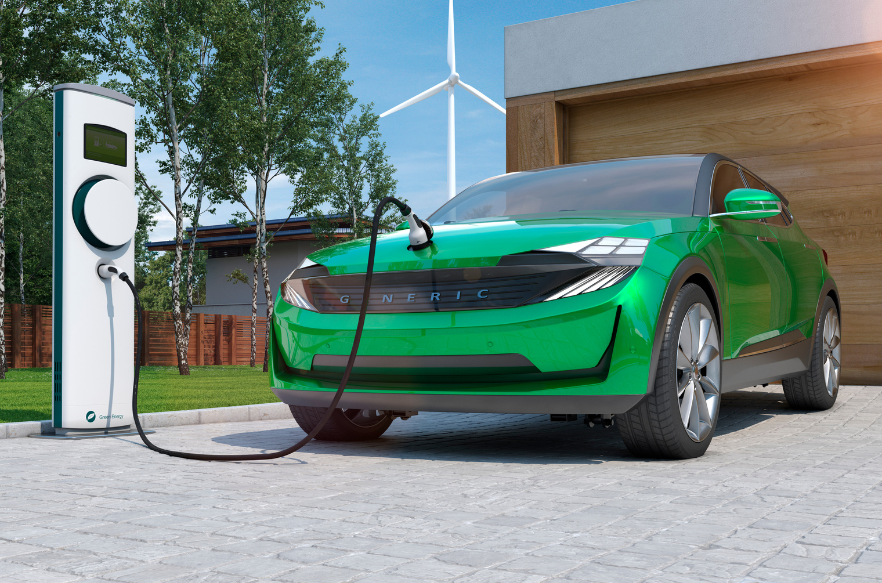
Fuel prices are at an all-time high, but the majority of us still have to travel. As a business owner you may be able to help with the rising costs for yourself and provide your employees with a cost-efficient way of purchasing a car whilst claiming tax relief yourself when you lease or purchase an electric car.
There are a couple of options available to you when purchasing or leasing a car through the business depending on whether it’s for yourself or your employees. Let’s look at what you can save as an individual through your limited company. You can claim tax relief on an electric car whether it is leased or purchased, however the amounts may vary and it’s worth looking at which is best for you.
Purchasing an Electric Car
When you purchase a new and unused electric car, the cost of the car will be deducted from your profit, which results in you saving money in corporation tax in the year of purchase. As an example, if the car costs £50,000, using the tax rate of 19% (tax year 2022/23) the saving will be £9,500.
Leasing an Electric Car
Similar to purchasing the car, leasing the vehicle will offer savings on your corporation tax. Your company will receive relief each year that you make payments, unlike purchasing where the saving is just in the year of purchase.
Whereas you cannot reclaim the VAT on the purchase of the car, you are able to reclaim 50% of the VAT of each repayment. You can also reclaim 50% of the VAT of the deposit in the first year of the lease. The corporation tax saving is calculated from the installment amount minus any VAT that is reclaimed.
Additional Savings
Road tax – With zero emissions you pay zero road tax.
Congestion charges – Electric vehicles are exempt from the congestion charge, currently £15 per day in London.
Charging points – You can’t have an electric vehicle without charging points, and there is 100% relief on the cost of installation of charging points in the year they are installed. In the summer budget 2021 a super-deduction rate of 130% was announced which they may be eligible for.
Fuel costs – When cars are charged at work the business pays and it is not a BIK. As long as the business owns the car the cost of installation of a charging point at home is also not a BIK. If you are charging the car at home the cost for this can be claimed through an expenses claim as electricity for business mileage which doesn’t class as a BIK. This would be difficult to claim a specific amount, so it is suggested that 5p per mile be claimed. This is based on the Advisory Electricity Rate (AER) as calculated by HMRC.
Benefit in Kind
It is advisable to remember that there will be an amount taxable as a car is a form of benefit in kind (BIK); this is applicable to those who have been provided with a car through the company. For tax year 2022/23 BIK is calculated as 2% of the car’s list price. This is a fraction of the cost of a non-electric car whose BIK is 37% (tax year 2022/23). There will also be Class 1A National Insurance, currently at 13.8%, that needs to be paid by the company.
There are of course exemptions and terms and conditions that apply here. To understand the full costs and implications of purchasing an electric car through your business, contact us.